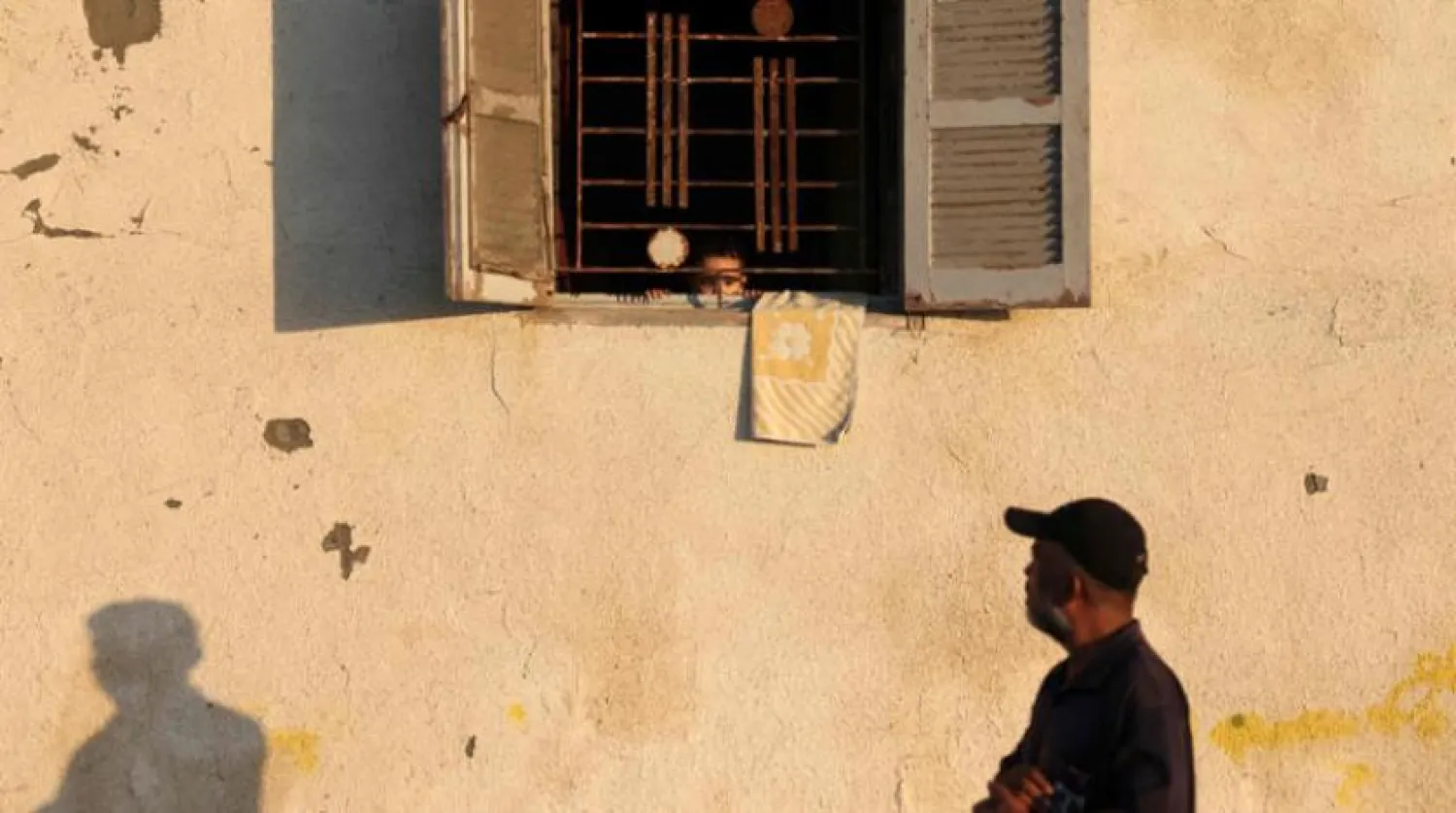The European Union (EU) has contributed five million euros of humanitarian aid and early recovery in the Gaza Strip in support to the United Nations Relief and Works Agency for Palestine Refugees in the Near East (UNRWA) in the wake of the recent Israeli aggression.
This contribution will help support refugee families directly impacted by the 11-day hostilities that took place in May.
UNRWA will provide an estimated 10,000 vulnerable families whose homes sustained damages with a one-off cash grant of 800 shekels (equivalent to 210 euros) each, it said in a statement.
The EU Humanitarian Aid contribution will also allow for repairs to damaged shelters of about 1,000 families through conditional cash transfers.
Priority will be given to families who are most vulnerable in terms of recovery potential such as households headed by women, elderly persons, or adolescents, but also large families or families with disabled individuals.
“The families will be able to freely choose how to use the cash assistance to alleviate their most pressing needs.”
“Since the May escalation of conflict, humanitarian needs are at an all-time high in the Gaza Strip where the population has also suffered the impact of coronavirus and related restrictions on top of the blockade. Cash assistance is a way for the EU to help the families directly affected by the violence with the dignity they deserve,” said EU Commissioner for Crisis Management, Janez Lenarcic.
UNRWA Commissioner-General Phillipe Lazzarini welcomed the contribution.
“Palestine refugees in Gaza need our continued support to rebuild their lives,” he said, noting that this contribution enables the most vulnerable families to offset the costs of damages from the conflict they just survived. “We thank the EU for its invaluable partnership.”
“While Palestine refugees are still suffering from the sequences of the blockade that impacted all aspects of their lives, they face the burden of rebuilding their homes and struggling to get back to their normal lives after the last round of hostilities,” said Thomas White, Director of UNRWA Operations in Gaza.
The EU support will enable UNRWA to help the most impacted families with their immediate needs, he affirmed.
Activities will cover the immediate emergency support through one-off multi-sectoral cash transfer and shelter repair cash assistance. “I believe that this would help Palestine refugee families to retrieve normal living conditions to their damaged shelters as soon as possible,” he added.
Of the two million Palestinians living in the besieged Gaza Strip, some 70 percent are refugees dependent on UNRWA for humanitarian assistance.
The long-standing blockade has pushed large segments of the population below the poverty line.
During the last 11-day round of hostilities, Palestine refugees found themselves combating the COVID-19 pandemic, a fragile economy, internal separation, uncertainty and a lack of any future perspective on an end to the blockade.









